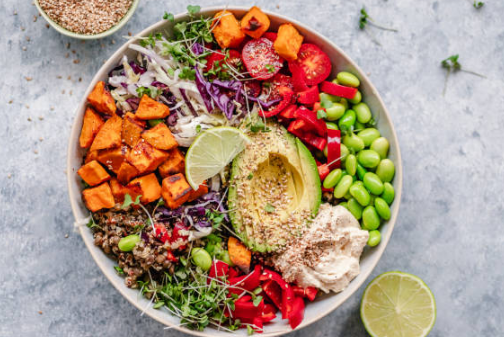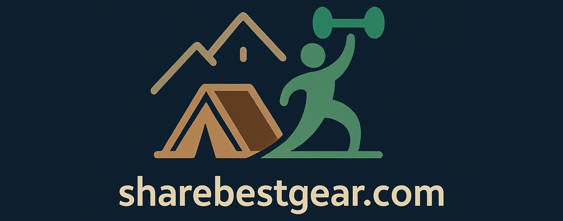Protein is having a moment—and for good reason. Whether you’re trying to build muscle or just maintain strength as you age, protein is essential for building and preserving lean mass.
But with so many options (especially between animal- and plant-based sources), it’s easy to get overwhelmed.
So, which type of protein is best for muscle growth?
Why Is Protein So Important for Muscle Building?
Here’s the truth: Muscle growth depends on protein. The process is called muscle protein synthesis (MPS).

When you eat protein, your body breaks it down into amino acids that help repair and rebuild muscle tissue.
How Much Protein Do You Need Per Day?
Your daily protein needs vary based on your age, gender, goals, and activity level.
-
General adults: Most adults 18 and older need at least 0.8 grams of protein per kilogram of body weight per day (g/kg).
(Important: This is the minimum to avoid deficiency—not for active individuals or those looking to build muscle.) -
Older adults: Adults over 65 should aim for 1.0–1.2 g/kg per day to help prevent age-related muscle loss.
-
Athletes or active individuals: Those who work out regularly may need 1.4–2.0 g/kg per day to support recovery and muscle growth.
So, What’s the Best Protein for Muscle Growth?
Sorry, vegans and vegetarians—not all proteins are created equal.
Animal-based proteins—like meat, fish, dairy, eggs, whey, and casein—are complete proteins. That means they contain all nine essential amino acids, including leucine, a key trigger for muscle protein synthesis.
Plant-based proteins—like beans, most nuts and seeds, brown rice, and oats—are typically incomplete (they’re missing some essential amino acids) and tend to be lower in leucine.
That doesn’t mean plant protein is useless for muscle building—you’ll just need a more strategic approach.
Can Plant Protein Be Enough?
Yes, it can—if you’re smart about it.
Some plant-based proteins are complete on their own, such as:
-
Soy products
-
Quinoa
-
Chia seeds
-
Hemp seeds
Studies also show that blended plant proteins—those that include enough leucine—can build muscle just as effectively as animal-based proteins like whey, gram for gram.
If you follow a vegetarian or vegan diet, here’s how to optimize your protein intake for muscle growth:
-
Pair incomplete proteins (like whole grains with legumes, or beans with seeds/nuts)
-
Include complete plant proteins as often as possible
-
Set a higher daily protein target—and stick to it
Bottom Line
When it comes to building and maintaining muscle, the type of protein matters—but not as much as the total amount you consume each day.
Whether you’re an athlete, older adult, or plant-based eater, aim to include high-quality protein (complete or well-paired incomplete sources) in your meals and snacks throughout the day.
Let me know if you’d like a condensed version for Instagram or a blog layout!
